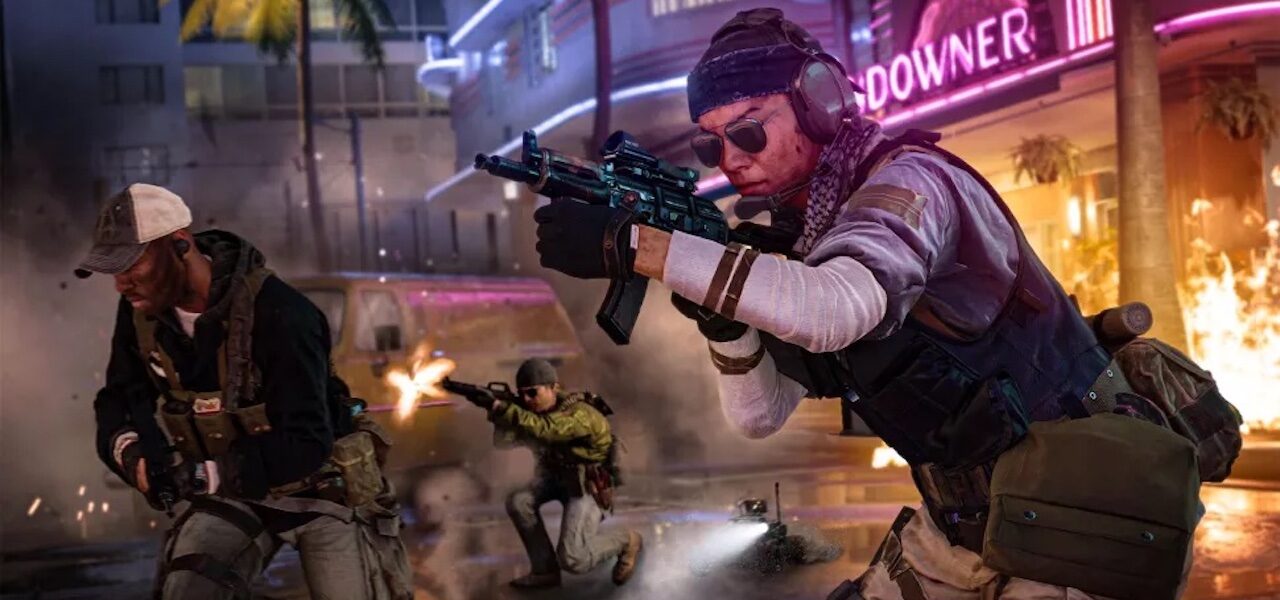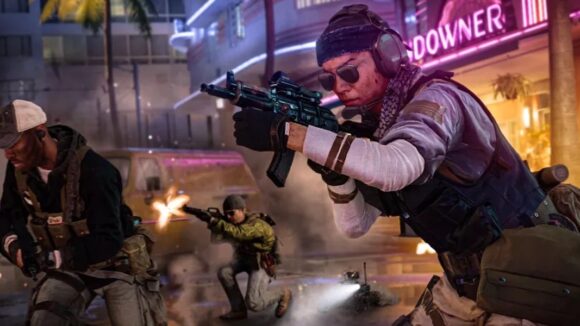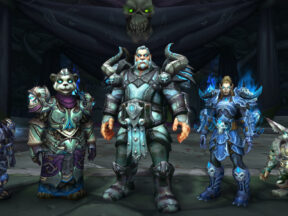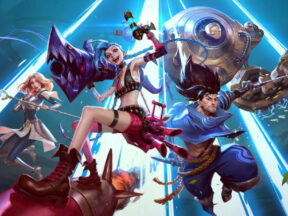

Activision Blizzard Won’t Voluntarily Acknowledge Unionization Effort At Its Subsidiary Raven Software
A subsidiary of gaming giant Activision Blizzard is spearheading a growing unionization push in the industry. Staff at Raven Software have launched a union and are seeking recognition. The only hitch: Activision Blizzard has chosen to not recognize their union.
What has happened? A group of 34 quality assurance (QA) testers at Raven have formed a union, Game Workers Alliance, with the help of the Communications Workers of America (CWA). The workers have formally asked management to recognize the union.
What is Raven? Founded in 1990, the developer is best known for its work on the Call of Duty franchise. It was acquired by Activision Blizzard for $12 million in 1997 and now employs more than 300 staff.
What does the union want? Its website mentions several problems: regular “crunch” periods, “lack of income parity” with other teams, the expectation to relocate, and “continued cultural and ethical conflicts” at the company — apparently a reference to sexism scandals at Activision Blizzard. And there’s another factor behind the union: the recent layoffs.
Who was laid off? On December 3, 12 QA testers at Raven were fired. This followed eight months of promises from management of increased wages, according to the union. It says, “This event is but one instance of the company breaking the trust it has requested of us.”
After the layoffs, a few dozen Raven workers went on strike, asking for the fired contractors to be rehired to full-time positions; their work stoppage lasted seven weeks and ended on January 22. The 12 fired contractors, whose contracts are set to expire on January 28, are among those behind the unionization effort.
How has Activision Blizzard responded? The company says it attempted to negotiate with the CWA, but “unfortunately, the parties could not reach an agreement.” On Monday, approximately two dozen of the QA testers were called into a meeting and told that they would be split into various departments across the studio. Cornell professor of labor and employment law Risa Lieberwitz told the Washington Post, “The timing of Activision Blizzard[‘s] Raven announcement raises the question of whether they are retaliating against the QA employees because of their union activities.” The Game Workers Alliance also commented on the suspiciously-timed restructuring effort:
Once again, when management is given a choice, they always seem to take the low road. (4/5)
— Game Workers Alliance 💙#WeAreGWA (@WeAreGWA) January 26, 2022
Where does Microsoft stand on the matter? The tech giant, which has agreed to acquire Activision Blizzard for $68.7 billion, declined to comment. When asked, Xbox boss Phil Spencer said he’s not an “expert” on unions, “but I’ll say we’ll be having conversations about what empowers them to do their best work, which as you can imagine in a creative industry, is the most important thing for us.”
What happens next? The Game Workers Alliance had given management until this past Tuesday, January 25, to respond. Activision Blizzard didn’t respond, which means that the union organizers will now file for a union election with the National Labor Relations Board. The proposed union would then need to win over 50% plus one of the department staff, at which point Activision Blizzard would have to begin bargaining with the group in good faith.
Why is all this important? If recognized, Game Workers Alliance will become the first union to achieve this at a major North American videogame company (although indie developer Vodeo set a precedent last month by recognizing a union).
This would set a big precedent for the industry at a time of great change. It would be especially symbolic at Activision, which faces lawsuits over its workplace culture, and whose management has discouraged employees from supporting unionization.
Image at top: “Call of Duty: Black Ops Cold War”



